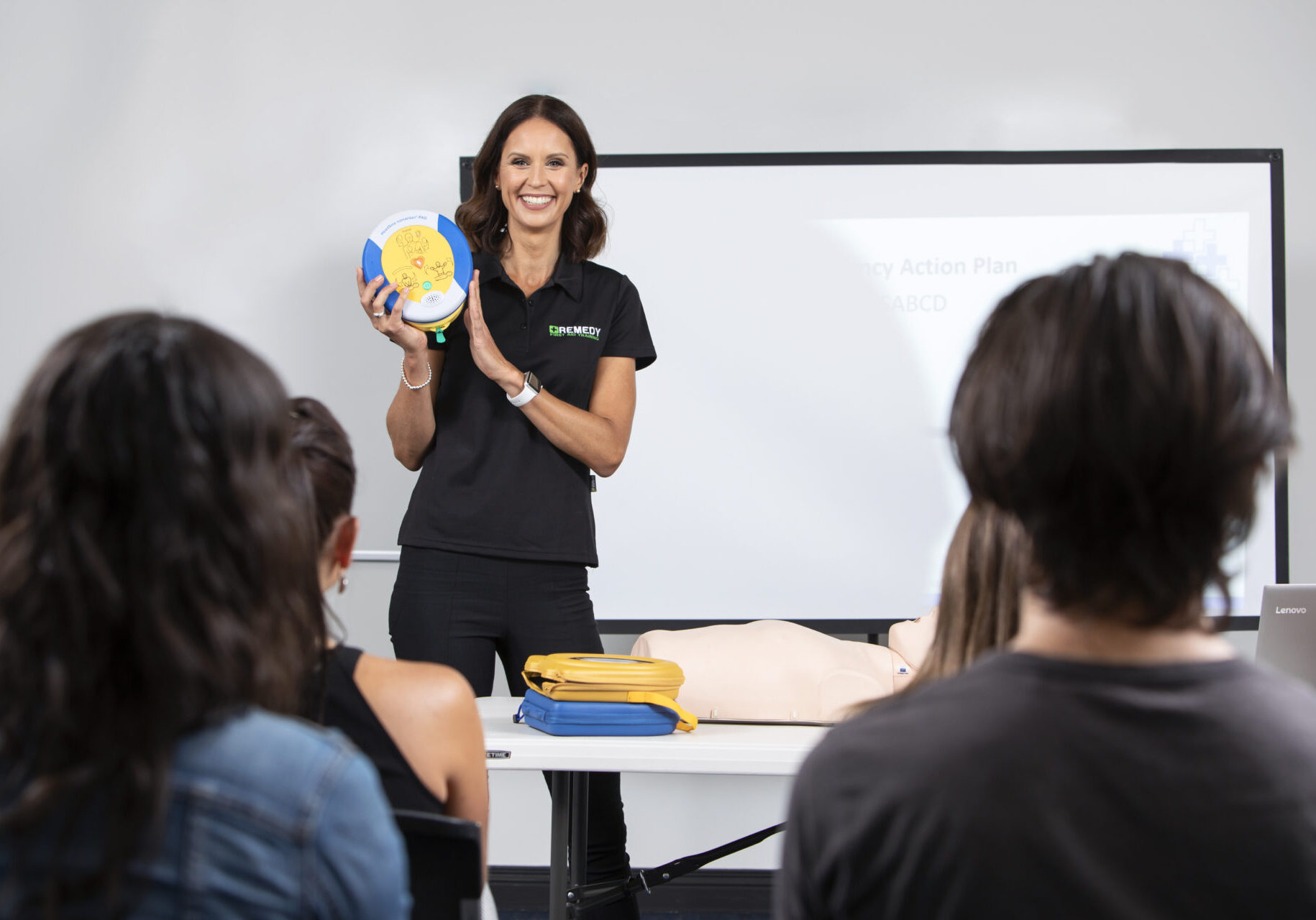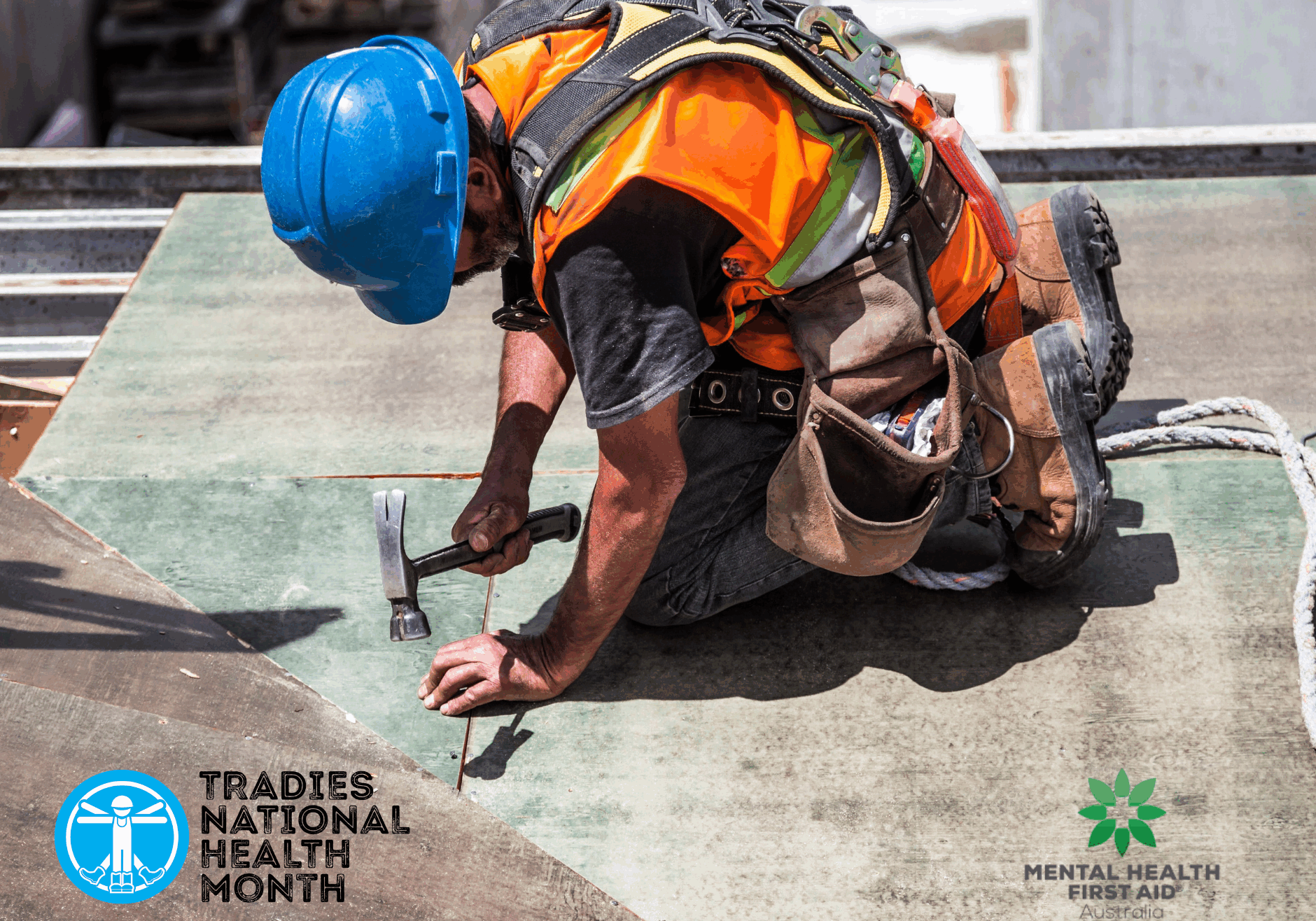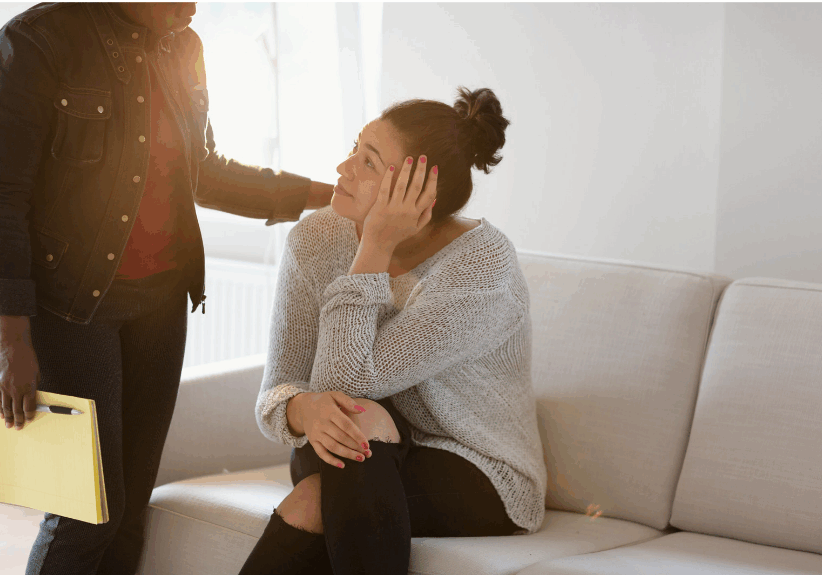Men’s Mental Health: Conversations Save Lives
Safety First, Wellbeing Always isn’t just our tagline – it’s what we believe in. We know that promoting mental health awareness and encouraging open, supportive conversations make a real difference.
Each November shines the spotlight on men’s mental health and wellbeing in Australia and reminds us that behind the moustaches are powerful stories, real struggles, and the chance for every one of us to make a difference.
Whether it’s a mate, colleague, partner, or family member – this month is about showing up, starting conversations, and creating spaces where men feel safe to talk about how they’re really going.
Why Men’s Mental Health Matters
Every day in Australia, six men die by suicide. Many more experience anxiety, depression, or stress but don’t reach out for help.
We know that men are less likely than women to seek professional support – often because of stigma, fear of judgement, or the belief they need to “tough it out.” In workplaces, these pressures can be amplified by long hours, high demands, or cultures that undervalue workplace wellbeing and self-care.
But things are changing. More men are opening up about their mental health, sharing their experiences, and encouraging others to do the same.
Each of these conversations helps chip away at old stereotypes and builds a culture of understanding. November isn’t about growing the biggest moustache – it’s about growing awareness, empathy, support, and action.
The Power of Everyday Conversations
Mental Health First Aid teaches us that you don’t have to be a professional to make a difference in supporting men’s mental health.
Sometimes, it’s the small, genuine moments of care that matter most – the quick check-in after a tough day, a text that says “thinking of you,” or a chat over coffee that helps someone feel less alone.
A simple check-in – “How are you going, really?” – can be the start of a life-changing conversation.
Here’s how you can support the men around you – whether at work, at home, or in your community:
Check in – even when things seem fine
Men don’t always show when they’re struggling. Often, it’s easier to say “I’m fine” than to admit they’re not. Keep an eye out for subtle changes – withdrawing from social events, appearing distracted, being unusually quiet, or losing interest in things they once enjoyed.
Try starting small:
“You haven’t seemed yourself lately – is everything okay?”
“I’ve noticed you’ve been quieter than usual – want to talk about it?”
You don’t need the perfect words – just showing genuine care opens the door. It’s about being the person who asks the question and really listens to the answer.
Listen without fixing
When someone opens up, it’s natural to want to help by offering solutions or advice. But most of the time, what they really need is to feel heard. Instead of jumping into “fix it” mode, focus on listening and acknowledging how they feel.
You might say:
“That sounds really tough.”
“I’m glad you told me.”
“Thanks for trusting me with that.”
“I can’t imagine how that feels, but I’m here to listen.”
Giving someone space to share – without judgement – can be far more powerful than any advice. It helps them feel seen, valued, and less alone. Simply being listened to can be incredibly cathartic, and sometimes, that’s what they need most.
Encourage small steps toward help
Once someone has opened up, you can gently encourage them to take the next step – whether that’s talking to their GP, reaching out to a counsellor, or connecting with a trusted friend or family member.
You might say:
“You don’t have to go through this alone – would you like me to help you find someone to talk to?”
“Have you spoken to your GP about how you’ve been feeling?”
“Lots of people find it helps to talk to a GP – they can point you in the right direction.”
Remind them that getting help is a sign of strength, not weakness.
Support looks different for everyone, and not everyone will be ready for professional help straight away.
If that’s the case, suggest simple, everyday things that can make a difference – getting outside for a walk, exercising, reconnecting with friends, or joining a local men’s group or community activity.
And remember, if someone is in crisis or needs immediate mental health support in Australia, help is available 24/7 from:
Build connection
Connection is one of the most protective factors for good mental health – and it doesn’t have to be complicated.
Men often connect best through doing – a shared task, activity, or goal. Invite a mate for a walk, a run, a surf, or even a simple catch-up over coffee. For workplaces, encourage casual “check-in chats” or lunchtime walks – small gestures that help build connection and show that it’s okay to talk about more than just work.
When men feel connected, they’re more likely to open up – and to reach out when they need help.
Lead by example
If you’re a manager, team leader, or simply someone others look up to, your actions set the tone for those around you. When people see that it’s okay to talk about mental health, they feel more comfortable doing the same.
Try sharing something real – a personal experience, a challenge you’ve overcome, or what helps you manage stress. This kind of honesty shows strength, not weakness, and it breaks down barriers for others to open up too.
Building a culture that supports mental health begins with care, connection, and courage – the courage to talk, listen, and show that it’s okay to ask for help.

How Remedy Is Supporting Men’s Mental Health
At Remedy First Aid Training, we’re proud to be part of the movement toward healthier, safer workplaces – both physically and mentally.
Through Mental Health First Aid training, we help people build the confidence and skills to notice when someone’s struggling, have a supportive conversation, and guide them to professional help when needed.
Many organisations choose MHFA as part of their broader workplace wellbeing strategy – building teams that are confident, connected, and compassionate.
We’ve trained people from every industry – construction crews, school staff, health workers, hospitality teams, and community groups – and one thing is always true:
When people feel equipped to talk about mental health, they’re better prepared to support and care for each other – and that’s where real change begins.
A simple check-in, a kind word, or knowing how to guide someone to help can make all the difference. When we normalise mental health conversations, we create communities where support isn’t an afterthought – it’s part of the culture.
And through Mental Health First Aid training, those small moments of care ripple outward into circles of care, building safer, more compassionate workplaces and communities where everyone feels seen, supported, and valued.
Because every conversation has the power to change a life.
Join Our November Mental Health First Aid Course
If you’ve ever wanted to feel more confident supporting a friend, colleague, or family member, this is your chance.
- Mental Health First Aid
- November 25th | 9:30am – 3:00pm
- Online
- Evidence-based. Practical. Life-saving.
Learn how to recognise the signs, start a conversation, and respond in a way that helps – not harms.
This November, let’s focus on what really matters – checking in, listening, and supporting men’s mental health, so the men in our lives to feel seen and cared for.
Together, we can make every conversation matter.
💚 Safety First, Wellbeing Always
FAQs
Men’s Mental Health: Conversations Save Lives









